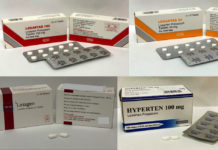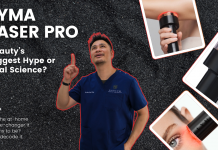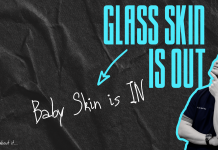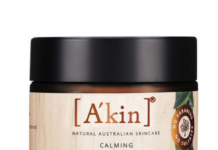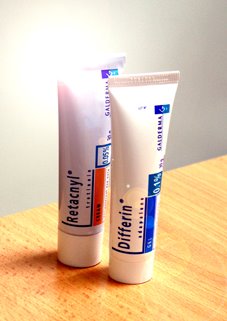
Ask any individual who visited an aesthetic doctor for whatever reason, and he or she will probably tell you that he was given a retinoid of some sorts by the doctor – be it Retin A, Differin, Tazorac, etc.
Why Retinoids?
Simply because Retinoids (compounds with a basic core structure of Vitamin A) are such wonderful drugs with so many beneficial properties to the skin. Many of us remember the eighties when the Obagi skin care line was the rage – it was touted to remove wrinkles, clear pigmentation etc etc. What people were excited about was that the skin looked brighter, clearer and more youthful after 6 weeks of application. What most people didn’t realise, was that tretinoin, a retinoid, was one of the main ingredients in the Obagi Skin care line giving the fantastic results.
What can Retinoids do?
- Improve Acne
Retin A was first approved for treatment of acne. It decreases oil production, unclogs pores, and reduces imflammation associated with acne
- Improve blackheads/ oily skin
By the same mechanism as above, blackheads are produced less, and skin is less oily.
- Improve wrinkles and fine lines/ Improve skin texture
Through collagen stimulation, fine lines, wrinkles, visible pores are reduced. However, these effects take longer to become visible.
- Improve uneven skin tone/ Improve skin colour
Retinoids are useful against a variety of pigmentary conditions, such as melasma. They are often used in combination with other active compounds to treat pigmentary conditions.
There you have it! If you examine the list above, you will realise, that retinoids actually have a positive effect on most of the aesthetic problems you can think of!
Side effects
Unfortunately, Retinoids can cause irritation, dryness and redness, and this has limited their broad acceptance. What many people don’t realise is, however, that the irritation and redness usually improves with time – it almost goes away entirely in about 6 weeks. Newer compounds such as Differin also cause less irritation compared to the older ones.
The other complaint I always receive, is the flakiness that they cause. What people don’t realise, is that the flakiness is simply the result of an increased cell turnover in the skin and resultant shedding of the dead cells – in other words, the flaking is a sign of your skin renewing itself to reveal the vibrant skin underneath!
(To this complaint, I usually point to my own skin and say :”if you can tolerate this flakiness for another few weeks, your skin colour will look as good as mine!”)
And remember, retinoids (the oral form, commonly known as Roaccutane) should not be used during prenancy and in ladies who are trying to to get pregnant.
Because of the potential side effects, Retinoids should only be used under supervision of your doctor. I prescribe them routinely, either to prepare the skin for other cosmetic treatments, or as treatments themselves. And the feedback is always good!





